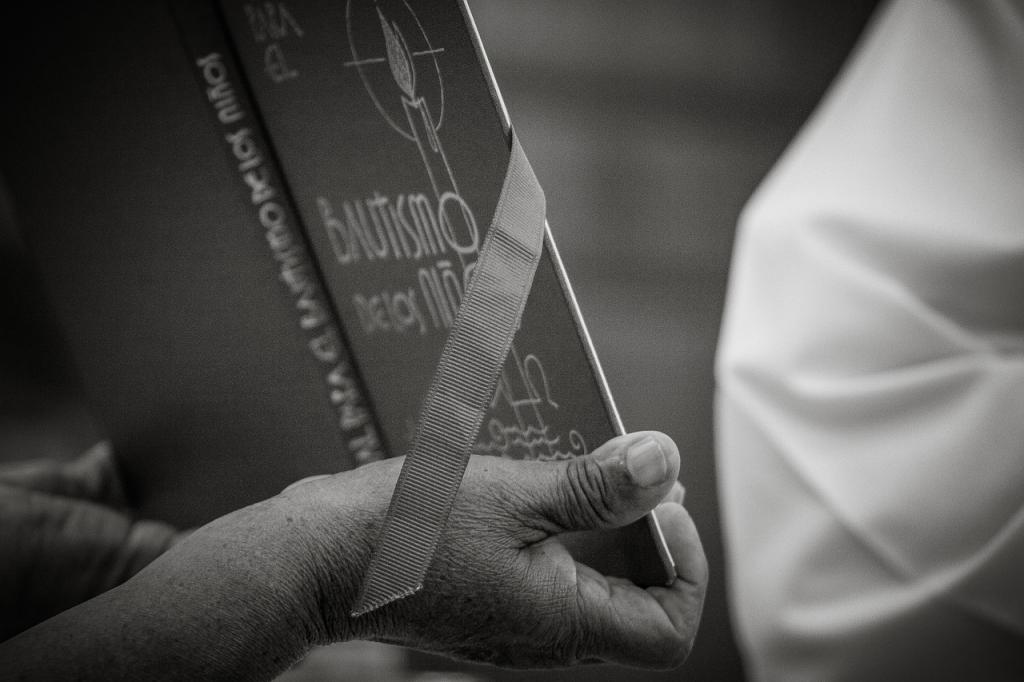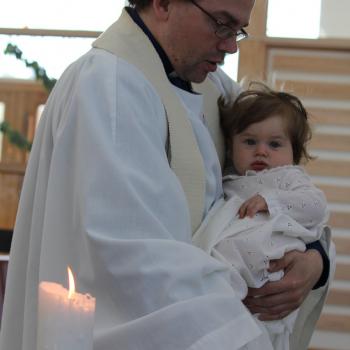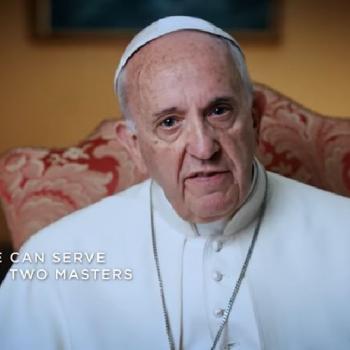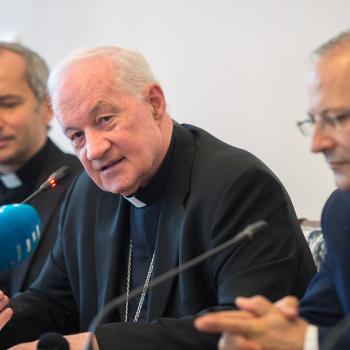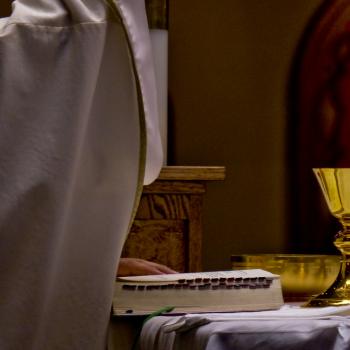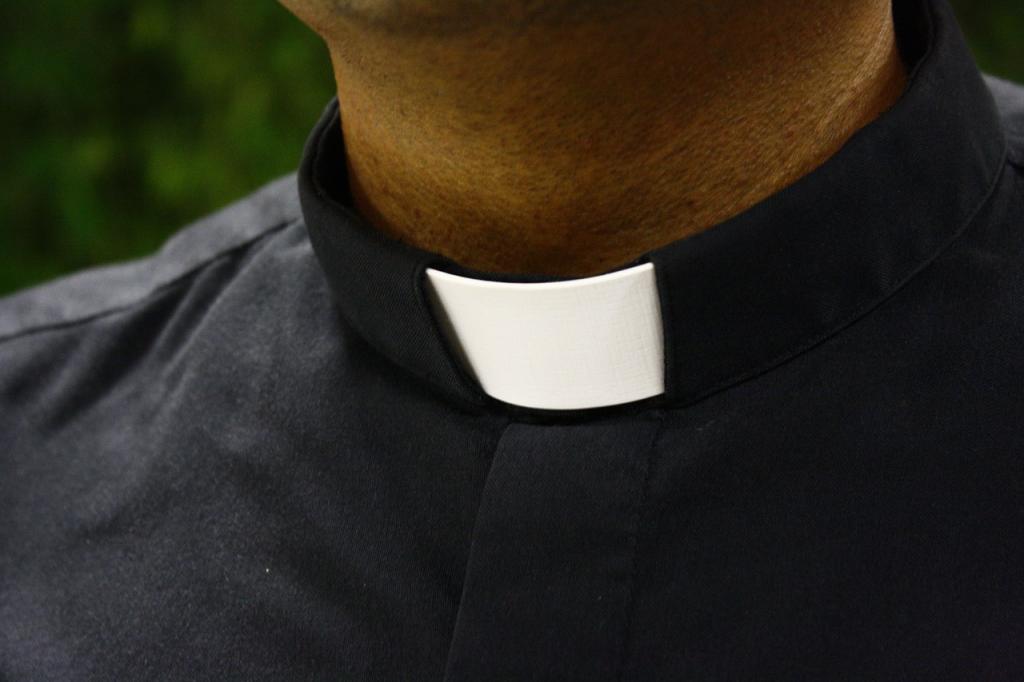
A sobering tale from Spain in the midst of the hysteria in the global Church over clergy sex abuse. Pope Francis has apologized in person to three priests from Granada acquitted of sex offenses against a minor three-and-a-half years after the pontiff himself telephoned the alleged victim to say sorry for the abuse and to offer him his full support.
The Spanish website Vida Nueva reported last week that the Pope received Fathers Román, Francisco and Manuel July 12 at his residence in the Vatican, the Casa Santa Marta. In a relaxed meeting that lasted more than an hour-and-a-half, Francis apologized at least three times to the priests. For his personal phone calls to the alleged victim that triggered the police investigation and, at the same time, gave the complaints of abuse an undeniable air of credibility. For the fact, too, that in the midst of their trial, the Church turned its back on the three men, suspending them a divinis for three years until justice had run its course.
“I can’t imagine how you must have felt”, the Pope allegedly said to Father Román, who was accused of having been the ringleader of a sex abuse “clan” that at one point in their investigation police thought involved up to ten priests and two laymen. Francis supposedly asked the three priests together to “carry on, with generosity, like any other priest”. Words the three men took to heart, according to Vida Nueva, appreciating the pontiff’s fatherly pastoral concern.
Though Fathers Román, Francisco and Manuel have been acquitted of all wrongdoing by both the civil and ecclesiastical courts, life has hardly returned to normal for them. Fathers Francisco and Manuel have both returned to parish ministry, but Father Román is currently confined to working as a chaplain in a center for disabled people, despite the fact that all he is said to want is to return to being an “anonymous” parish priest. A wish that might never materialize, given the way the case has burrowed into the public consciousness. People in Spain still think of Fathers Román, Francisco and Manuel as something of a sect for the way they were portrayed not only in the media but also by the Archdiocese of Granada, which in a report sent to the Congregation for the Doctrine of the Faith in Rome said it had received complaints over the “cliquey” behavior of the three priests.
Though some Spanish commentators have been quick to blame a media witch-hunt for the lamentable experience the three priests have gone through, it is difficult to know what went wrong in the case, and when. Even though a Granada court criticized the complainant’s story for its “inconsistency” and for being full of “serious contradictions”, in their report to Rome local Church authorities said the young’s man story was essentially “believable”. Throughout the whole process, too, the Archbishop of Granada, Javier Martínez, maintained he was doing nothing more than following to the letter the Church’s policy of “zero tolerance” with clergy sex abuse.
If there is a lesson here for the wider Church, then, perhaps it is in the attitude of Father Román. A man who, according to his friends, hasn’t even turned to psychological help throughout the ordeal he has been through, such has been his “self-assuredness” and his “confidence in God”.
